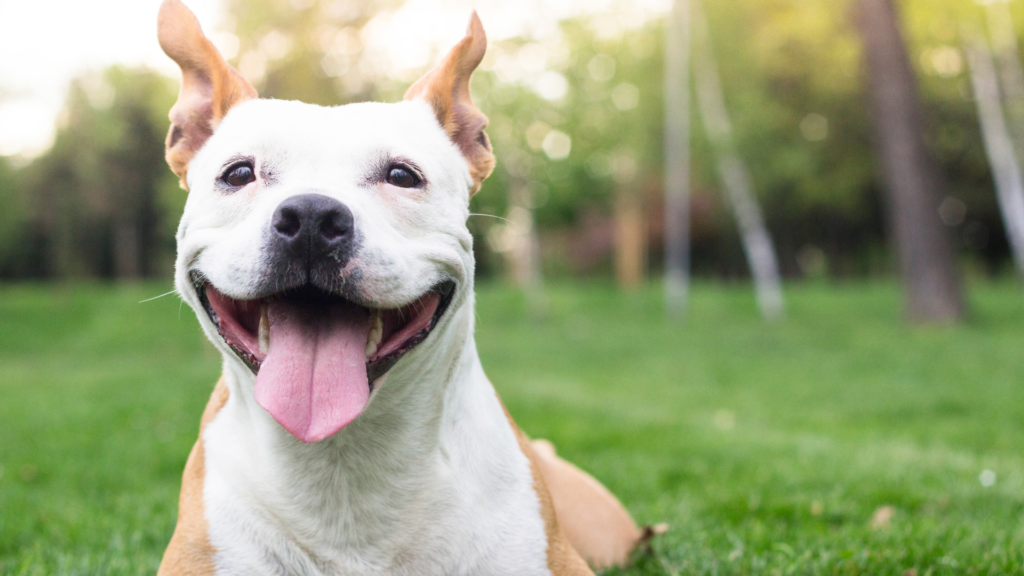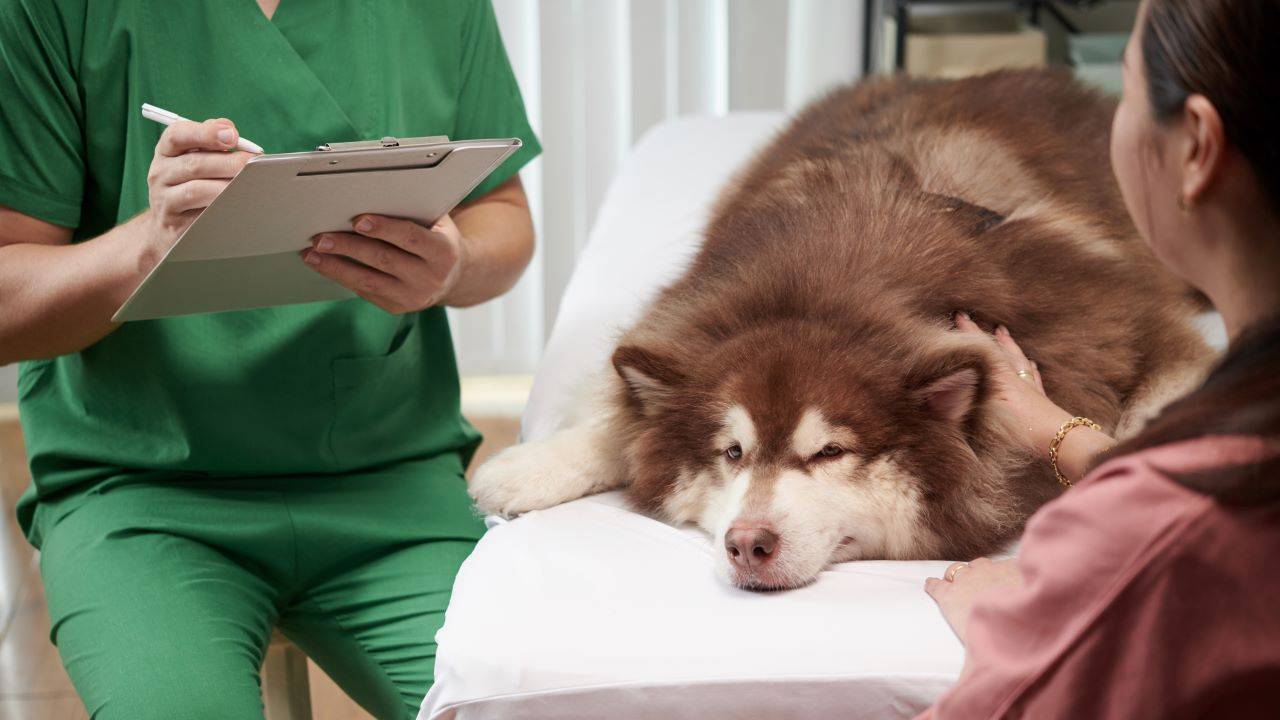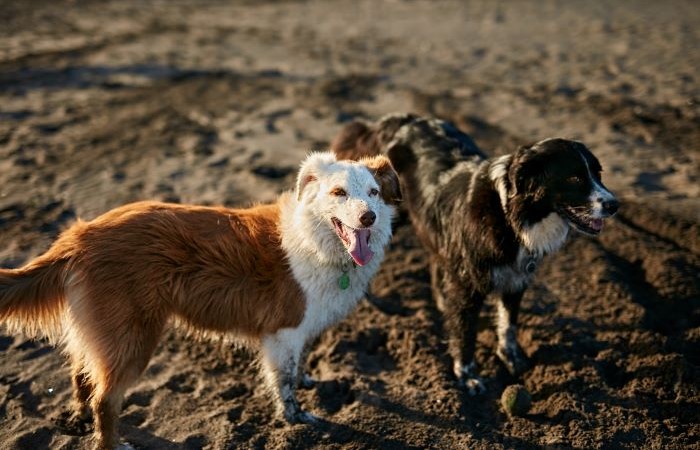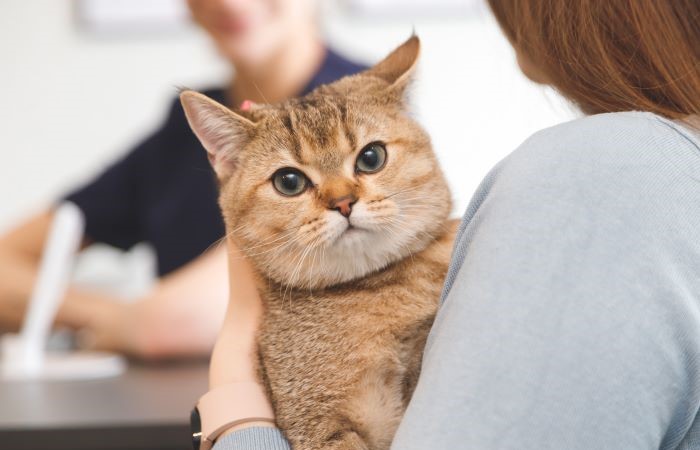Socializing with other dogs is a vital part of a dog’s life, contributing significantly to their mental and physical health. However, not all dogs are naturally sociable, and some may exhibit fear, anxiety, or aggression towards other dogs. This behavior can be concerning and challenging for dog owners, as it limits the dog’s opportunities for exercise and interaction, and can lead to stressful situations during walks or visits to the park. Understanding the reasons behind your dog’s reluctance to socialize and implementing effective strategies can help improve their social skills and overall well-being.
Understanding the Reasons
When a dog refuses to socialize with other dogs, it’s essential to understand the underlying reasons behind this behavior. Several factors can contribute to a dog’s reluctance to interact with their peers:
- Fear: Dogs that are fearful may avoid socializing to protect themselves from perceived threats. This fear can stem from a lack of exposure to other dogs during their formative years or from specific traumatic experiences.
- Lack of Exposure: Puppies that are not adequately socialized during their critical socialization period (typically between 3 to 14 weeks of age) may struggle to interact with other dogs later in life. Without early positive interactions, dogs might find other canines intimidating or overwhelming.
- Negative Past Experiences: Dogs that have had negative encounters with other dogs, such as being attacked or bullied, may develop a defensive or aggressive stance to prevent future harm. These experiences can leave a lasting impact on their willingness to socialize.
Recognizing these reasons is the first step in addressing your dog’s socialization issues. By understanding what drives their behavior, you can tailor your approach to help them overcome their fears and anxieties. Consulting with a veterinarian or a professional dog trainer can provide you with a deeper insight into your dog’s behavior and offer practical solutions to aid in their socialization process. This understanding forms the foundation for helping your dog build positive relationships with other dogs.
Gradual Introduction and Positive Reinforcement
Introducing your dog to other dogs should be a gradual and positive experience. Rushing this process can exacerbate anxiety or fear, so it’s essential to take small, manageable steps. Begin with controlled environments where your dog can observe other dogs from a distance without direct interaction. This can be in your yard, at a park, or on a quiet street. Gradual exposure helps your dog become accustomed to the presence of other dogs without feeling threatened.
To facilitate positive interactions, use positive reinforcement techniques. Here are some strategies:
- Treats and Praise: Reward your dog with treats and verbal praise when they exhibit calm and non-aggressive behavior around other dogs. This positive association helps them learn that being near other dogs is a good thing.
- Short Sessions: Start with short socialization sessions and gradually increase the duration as your dog becomes more comfortable. Short, frequent exposures are more effective than prolonged sessions that may overwhelm your dog.
- Safe Distance: Maintain a safe distance initially and slowly decrease it as your dog shows signs of relaxation and curiosity rather than fear or aggression.
Consistency and patience are key. Each dog progresses at their own pace, and it’s important to respect your dog’s comfort levels. Over time, with positive reinforcement and gradual exposure, your dog can learn to enjoy the company of other dogs and become more sociable.
Seeking Professional Help
In cases where a dog exhibits severe anxiety or aggression towards other dogs, seeking professional help is crucial. A professional dog trainer or a behaviorist can provide tailored strategies and training programs to address these issues. These experts are equipped with the knowledge and experience to understand complex behavioral problems and to develop effective intervention plans. Here are some benefits of consulting a professional:
- Individual Assessment: Professionals can conduct thorough assessments of your dog’s behavior, identifying specific triggers and underlying causes of their socialization issues.
- Customized Training Plans: They can create personalized training plans that address your dog’s unique needs, incorporating gradual exposure, desensitization, and positive reinforcement techniques.
- Behavior Modification Techniques: Professional trainers and behaviorists use evidence-based behavior modification techniques to help your dog overcome fear and aggression, teaching them alternative, more appropriate behaviors.
- Guidance and Support: They provide ongoing guidance and support, helping you implement the training strategies effectively at home and in various social settings.
In addition to training, a behaviorist may also recommend other interventions, such as anxiety management through medication or the use of calming aids. The combination of professional training and these additional supports can significantly improve your dog’s ability to socialize with other dogs, leading to a happier and more balanced life for your pet.
Helping Your Dog Thrive
Helping your dog become more sociable with other dogs requires patience, understanding, and the right approach. By identifying the reasons behind their reluctance, using gradual introduction and positive reinforcement techniques, and seeking professional help when necessary, you can significantly improve your dog’s social skills and overall happiness. In Winter Garden, FL, and nearby cities, Easyvet offers comprehensive veterinary care to support your pet’s well-being. If your dog struggles with socialization, consider booking an appointment with Easyvet to get professional guidance and support. Visit Easyvet Winter Garden to schedule your appointment today

.




